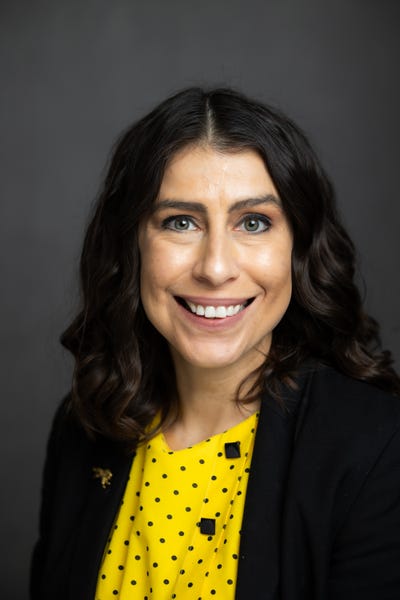Botanical Adulterants Programs Releases First Lab Guidance Doc
The ABC-AHP-NCNPR Botanical Adulterants Program released a laboratory guidance document on skullcap (Scutellaria lateriflora), which the consortium said would be the first in a series of peer-reviewed guides that offer identity and adulterant detection methods.

The American Botanical Council (ABC), American Herbal Pharmacopoeia (AHP) and National Center for Natural Products Research (NCNPR)’s Botanical Adulterants Program released a laboratory guidance document on skullcap (Scutellaria lateriflora), which the consortium said would be the first in a series of peer-reviewed guides that offer identity and adulterant detection methods.
Skullcap, an herb that has been used for centuries as a mild sedative, is often substituted or adulterated in dietary supplements, according to botanist Steven Foster in a 2012 article of HerbalGram, a publication from ABC. Foster called to a 2011 study where USDA researchers found of 13 skullcap-containing dietary supplements tested, all of which were purchased through the Internet, only 5 had a measurable amount of true skullcap. Four supplements contained potentially toxic American germander (Teucrium canadense)—also sometimes known as wild germander, wood sage and wild basil—which has been a known adulterant of skullcap products since the 1980s. Three supplements contained very low concentrations of skullcap, and one sample contained Chinese skullcap (Scutellaria baicalensis) rather than the American species (S. lateriflora).
The Botanical Adulteration Program’s lab guidances aim to give updated analytical methods for detection of adulterants and authentication of various forms of botanicals in. Recommendations in the guidance documents are based on a review of analytical methods and input from up to 20 peer reviewers from academia, government and industry in multiple countries, according to a press release from ABC.
ABC noted laboratory guidance documents will soon be available for bilberry (Vaccinium myrtillus) extract and black cohosh (Actaea racemosa) as well.
These free documents are intended for use by quality control personnel and lab technicians in the herbal medicine, botanical ingredient, and dietary supplement sectors to help them choose the most appropriate techniques and methods for their specific analytical needs.
There’s a significant amount of adulteration in the industry, said Mark Blumenthal, founder and executive director of ABC, in an interview with INSIDER’s Steve Myers. That concern led to the development of the Botanical Adulterants Program and the laboratory guidance documents. Blumenthal added the documents would be made freely available “so that quality control directors at various companies, such as in-house laboratories and/or commercial laboratories, etc., can see which methods are the most robust and the most appropriate, and which methods are weak and not be able to adequately authenticate the material or detect a known adulterant if it’s there."
In a different INSIDER interview, Blumenthal noted identity testing is complex and should consist of several methods, such as a possible combination of DNA, microsopy and/or macrospy. These new laboratory guidance documents will help botanical companies choose the best methods to identity herbs.
To date, the ABC-AHP-NCNPR Botanical Adulterants Program has published five peer-reviewed articles on the history of adulteration, the adulteration of the herbs black cohosh and skullcap, adulteration of bilberry fruit extract and so-called “grapefruit seed extract." The Program also publishes a quarterly e-newsletter, the "Botanical Adulterants Monitor," that highlights new scientific publications related to botanical authenticity and analysis to detect possible adulteration, recent regulatory actions, and Program news.
While many botanical suppliers offer products of integrity, it behooves brands to review and use these new laboratory guidance documents. If even a brand is sure it’s products are properly identified and are free from adulterants, what’s the harm in double checking? Especially at the great price of free.
About the Author
You May Also Like

